Today, Will Rogers is probably best known as the name on the charitable Will Rogers Institute, which was founded in memory of Rogers in 1936. He died in a plane crash in Alaska with aviator Wiley Post about a month before Steamboat Round the Bend hit theaters. (There is no truth to the rumor that Sarah Palin saw this from her kitchen window.) At the time, he was an immensely popular film actor, comedian and a sort of homespun philosopher — all of which are evident in this, his final film. (He has a terrific moment of typical Rogers’ philosophy where he tells someone that God “is a lot more broadminded than you think.”)
Steamboat Round the Bend marked Rogers’ third collaboration with John Ford. Whether or not this is the best of those three is open to question (I might go with 1934’s Judge Priest), but taken as a whole, the three Ford films are Rogers’ best. The pair were a match made in movie heaven. They shared a similar fascination with and fondness for late 19th century America (Rogers was old enough to have lived through much of that era), but it was not one that was all rose-colored nostalgia. Both men were committed liberals (don’t make assumptions about Ford because of all those John Wayne movies) who were painfully aware of the social and civil rights divides of that era. Even when working within a comedy framework — which they clearly are here — that’s never forgotten.
Make no mistake, this is a comedy, but it’s a comedy — often a very funny one with a serving of melodrama — with a conscience. That conscience peeps around every corner — with the segregation signs indicating where whites and blacks are allowed, the black convicts kept separate from the white ones in the jail, the divide between classes, the general hypocrisy. Sometimes it’s sly and good humored — as when Rogers adapts a museum of historical figures to local tastes (including turning Ulysseus S. Grant into Robert E. Lee). At other times, it’s pointedly ironic — as when Stepin Fetchit is made to crank a clockwork black (or blackface really) band that plays “Dixie” (which he sings in his inimitable voice).
It is perhaps necessary in this day and age to “explain” Stepin Fetchit (real name: Lincoln Perry), a performer who is a little hard for our modern sensibilities with his … well, extremely exaggerated “darkey” shtick. A case can be made — and in fact has been made — that he was making fun of the stereotype by taking it to an absurd extreme, incomprehensibly muttering lines he didn’t like and making veiled insults that white audiences didn’t catch. (The fact the he used part of his movie millions to affect a custom-made pink Lincoln — and a white chauffeur — suggests he was markedly conscious of the whole thing.) In any case, Fetchit was a hugely popular star, with both white and black audiences, in the 1930s, and well liked by both the star and director.
The story is largely melodramatic. Rogers plays “Dr.” John Pearly, a patent medicine salesman — something supposedly handed down from Pocahontas, but obviously heavy on the alcohol content — whose dreams of becoming captain of a rundown riverboat are put on hold when nephew Duke (John McGuire — typical good-looking, marginally talented Ford romantic lead) gets into trouble. The trouble stems from Duke having become involved with “swamp girl” Fleety Belle (Anne Shirley) and having killed a man in self-defense over her. A strong believer in the justice system, Dr. John insists Duke give himself up — something that goes about as well as you might expect in rural Louisiana in the 1890s. The upshot is to get enough money for an appeal and to find the one man — a river preacher called “The New Moses” (Berton Churchill) — who knows the murder was self-defense. Mostly this serves as a springboard to the film’s broader observations about life along the Mississippi in the 1890s. A film of great charm and humanity — and with more than a little bite.
The Asheville Film Society will screen Steamboat Round the Bend Tuesday, July 8 , at 8 p.m. in Theater Six at The Carolina Asheville and will be hosted by Xpress movie critics Ken Hanke and Justin Souther.




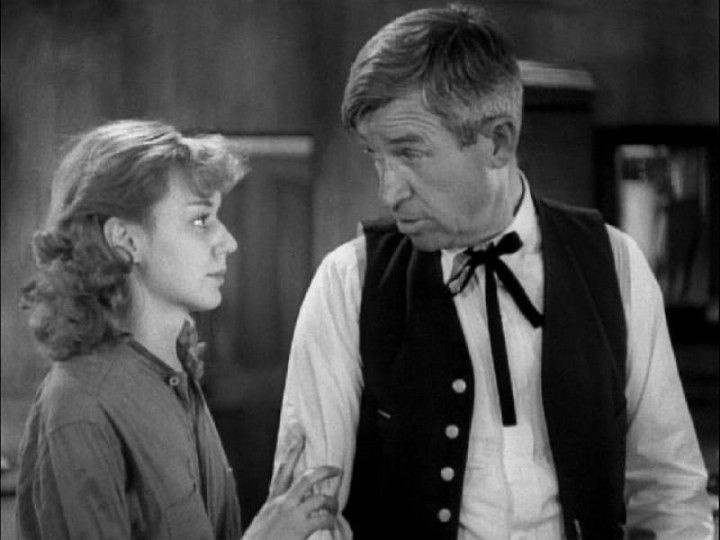
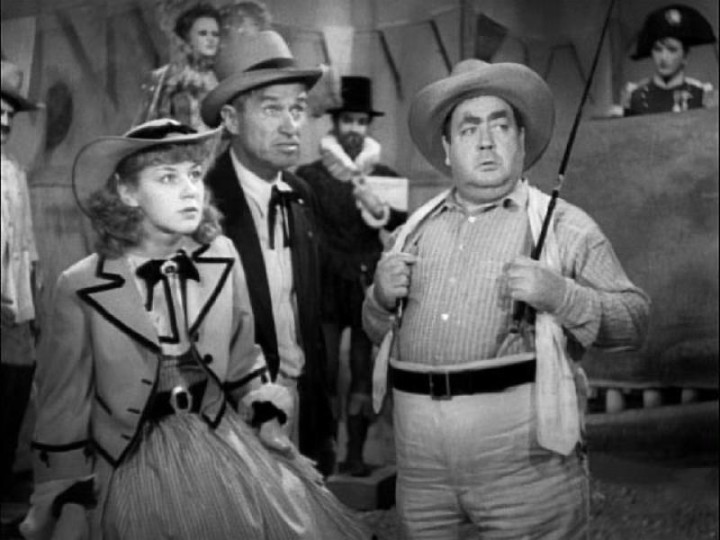
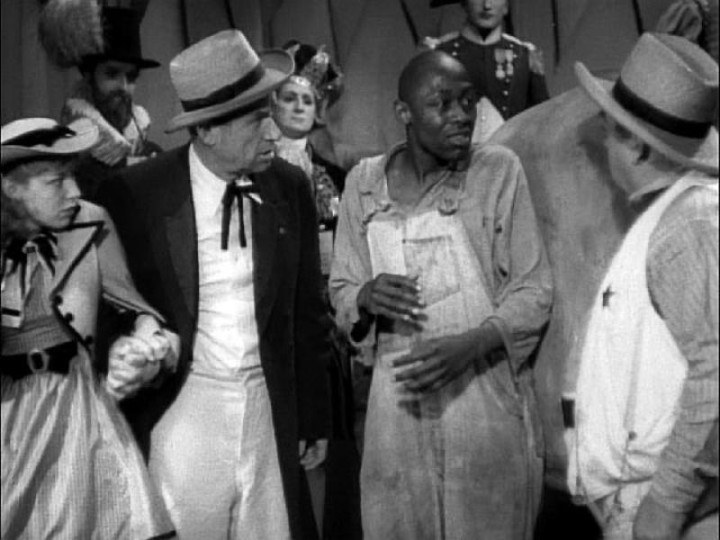
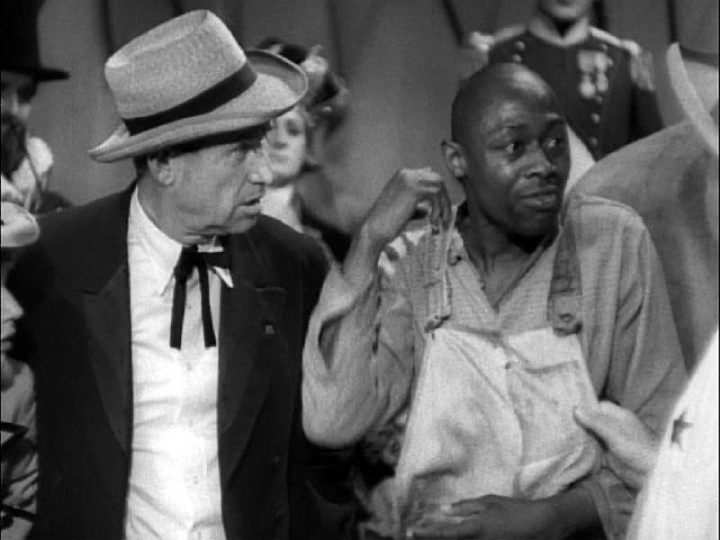
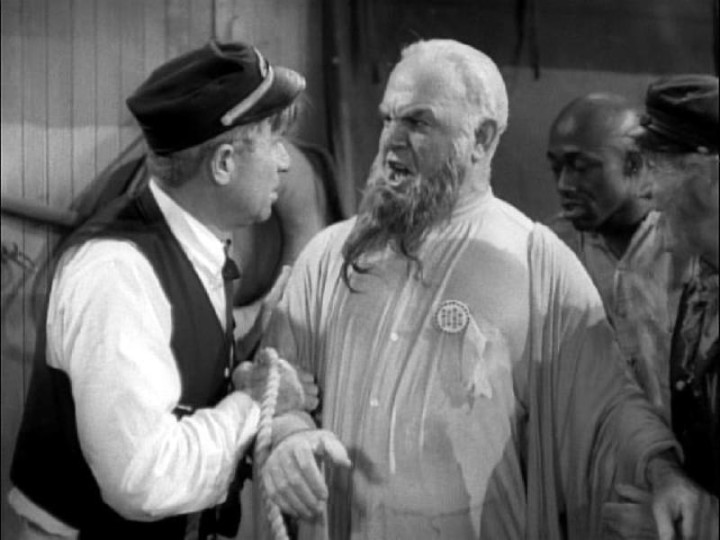
Before you comment
The comments section is here to provide a platform for civil dialogue on the issues we face together as a local community. Xpress is committed to offering this platform for all voices, but when the tone of the discussion gets nasty or strays off topic, we believe many people choose not to participate. Xpress editors are determined to moderate comments to ensure a constructive interchange is maintained. All comments judged not to be in keeping with the spirit of civil discourse will be removed and repeat violators will be banned. See here for our terms of service. Thank you for being part of this effort to promote respectful discussion.